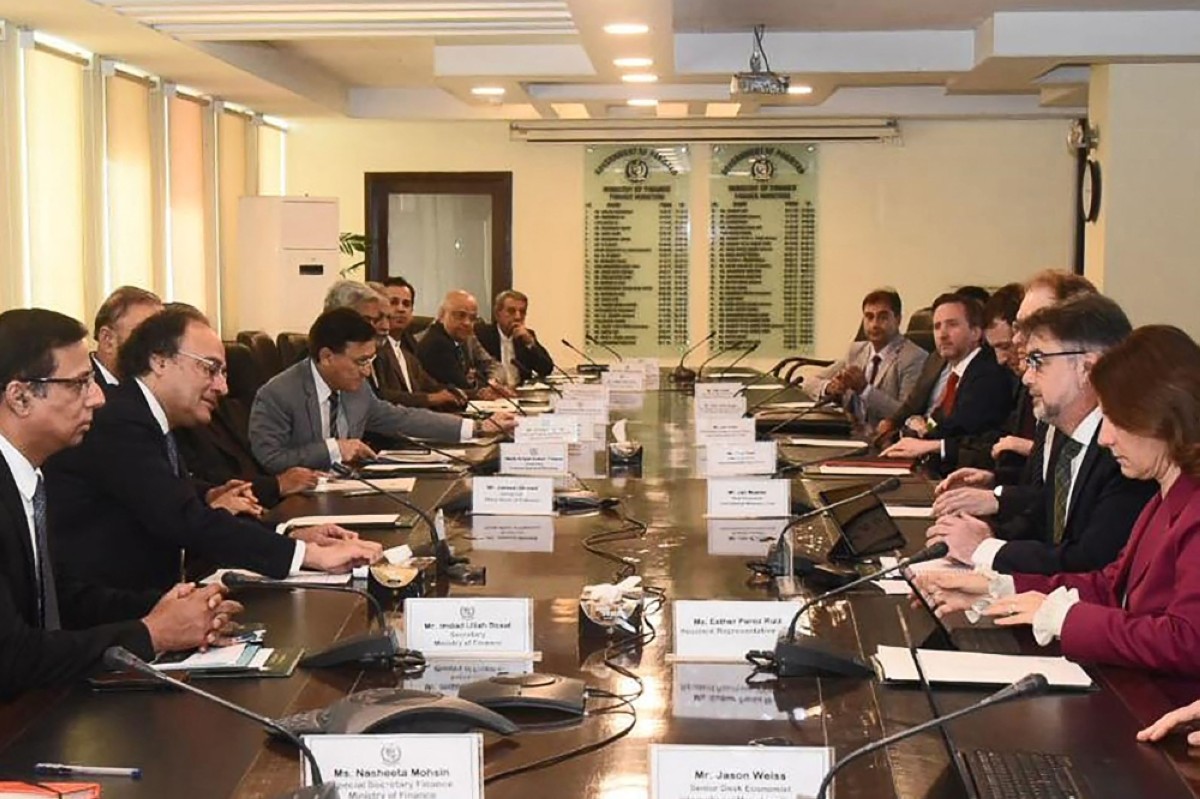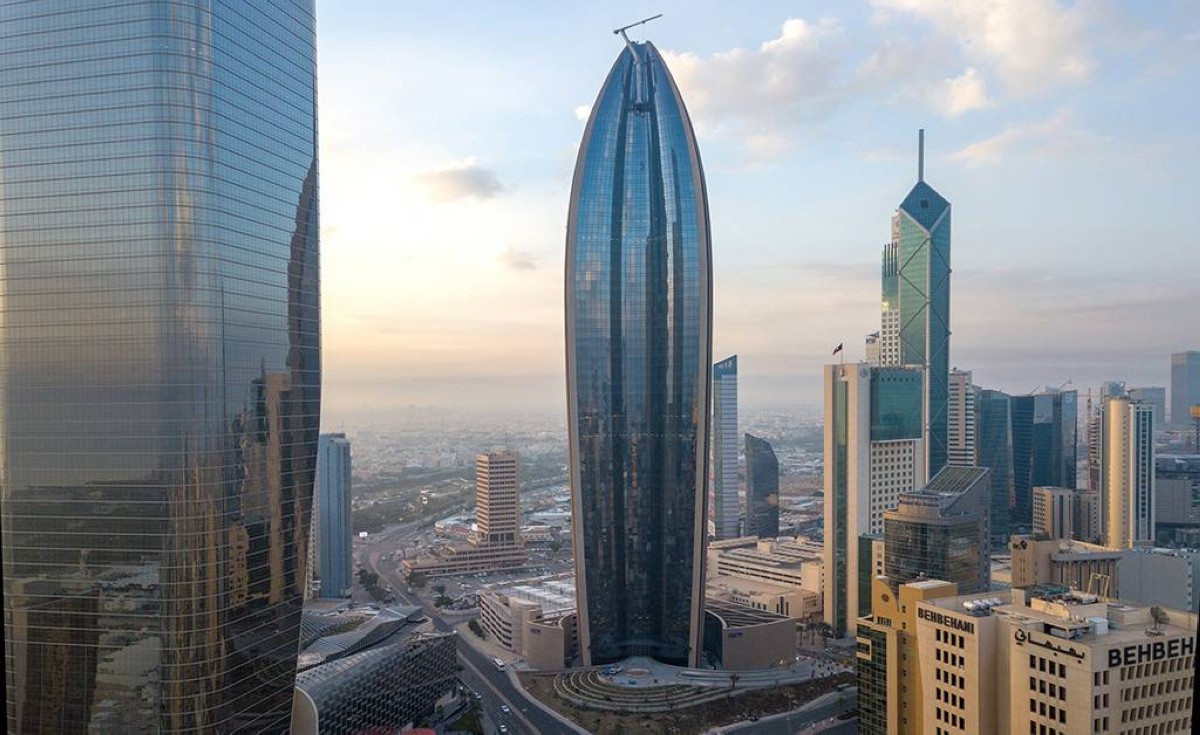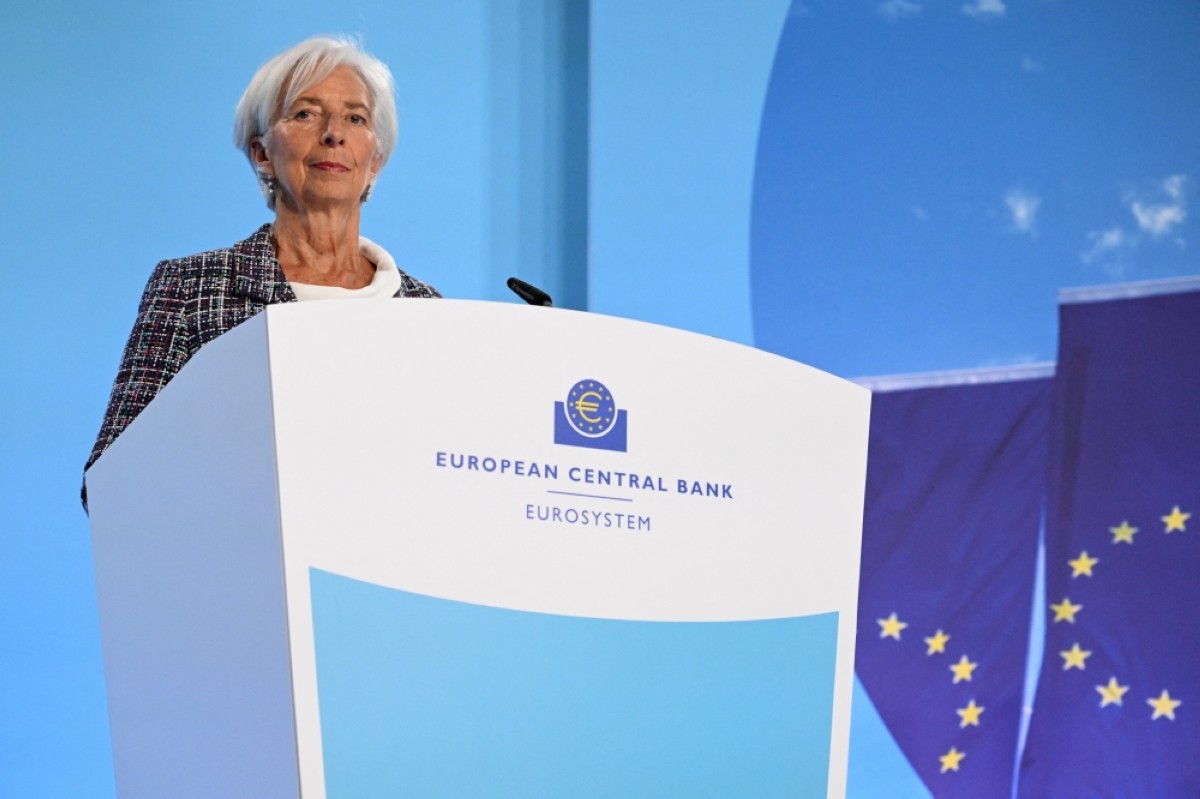Pakistan pledges $7bn IMF aid deal will be its last
ISLAMABAD: The International Monetary Fund has agreed to loan Pakistan $7 billion to bolster its faltering economy, with Islamabad pledging Saturday it would be the last time it relied on relief from the Washington-based lender.

The South Asian nation agreed to the deal—its 24th IMF payout since 1958 -- in exchange for unpopular reforms, including widening its chronically low tax base.
Pakistan last year came to the brink of default as the economy shriveled amid political chaos following catastrophic 2022 monsoon floods and decades of mismanagement, as well as a global economic downturn. It was saved by last-minute loans from friendly countries, as well as an IMF rescue package, but its finances remain in dire straits, with high inflation and staggering public debts.
“This program should be considered the last program,” Prime Minister Shehbaz Sharif told ministers and revenue officials in Islamabad. “We should tax those who are not being taxed.”
Islamabad wrangled for months with IMF officials to unlock the new loan announced Friday, which will be paid out over three years subject to approval by the organization’s Executive Board. It came on condition of far-reaching reforms including hiking household bills to remedy a permanently crisis-stricken energy sector and uplifting pitiful tax takings.
In a nation of over 240 million people and where most jobs are in the informal sector, only 5.2 million filed income tax returns in 2022. During the 2024-25 fiscal year that started at the beginning of July, the government aims to raise nearly $46 billion in taxes, a 40 percent increase from the previous year.
More unusual methods have seen the tax authority block 210,000 SIM cards of mobile users who have not filed tax returns in a bid to widen the revenue bracket. Under the deal “revenue collections will be supported by simpler and fairer direct and indirect taxation including by bringing net income from the retail, export, and agriculture sectors properly into the tax system”, IMF Pakistan Mission Chief Nathan Porter said in a statement. Islamabad also aims to reduce its fiscal deficit by 1.5 percent to 5.9 percent in the coming year, heeding another key IMF demand. The IMF said the loan and its conditions should allow Pakistan to “cement macroeconomic stability and create conditions for stronger, more inclusive and resilient growth”. But Pakistan’s public debt remains huge at $242 billion, and servicing it will still swallow up half of the government’s income in 2024, according to the IMF. Analysts have criticized Islamabad’s measures as surface-level reforms aimed at courting the IMF without addressing underlying problems. “It is hard to not see old patterns in this new IMF deal,” said Ali Hasanain, associate professor of economics at the Lahore University of Management Sciences.
“The IMF has issued a loan similar in size and conditions as the one agreed to five years ago, and five years before that.” “Will authorities seize the opportunity thus created to embark on fundamental reforms to how the country is run?” he asked. “You would be well-advised not to hold your breath.”
While around 40 percent of the population already lives below the poverty line, the World Bank said in April it feared that 10 million additional Pakistanis would fall below this threshold. Pakistan’s last $3 billion loan from the IMF in 2023 proved a lifeline. But it also came on the condition of unpopular austerity measures, including an end to subsidies cushioning consumer costs. – AFP.











